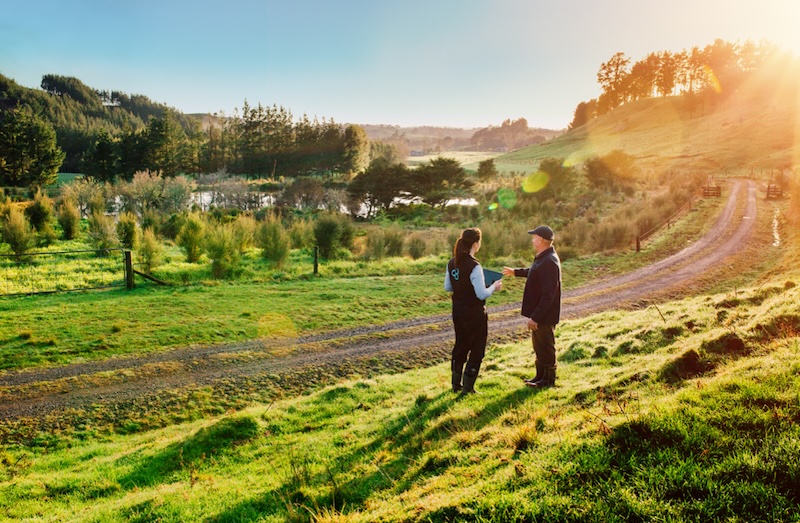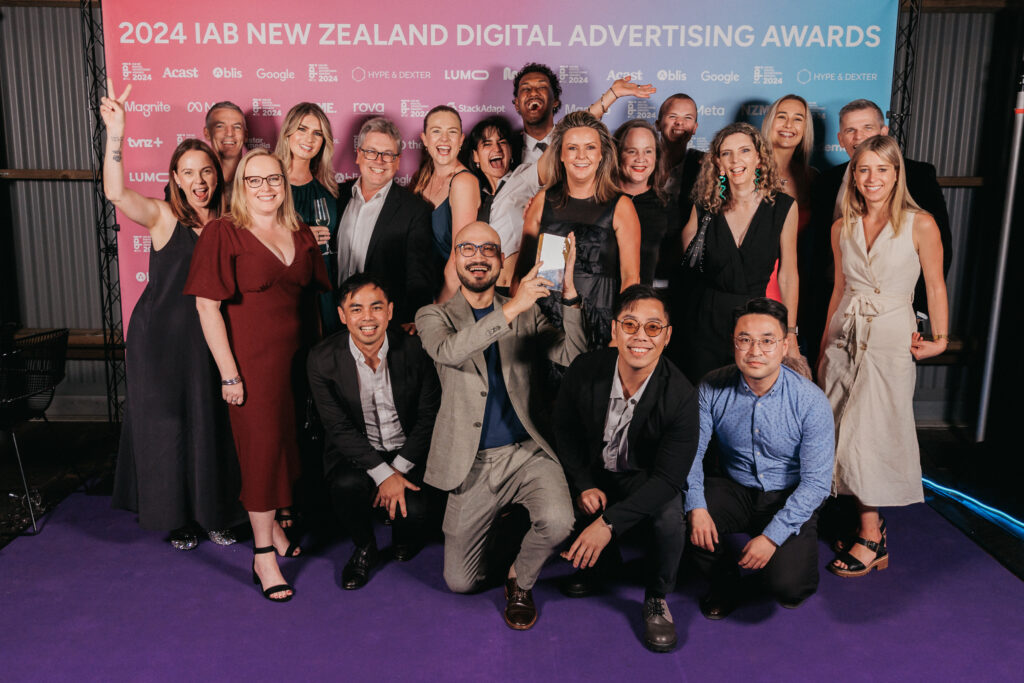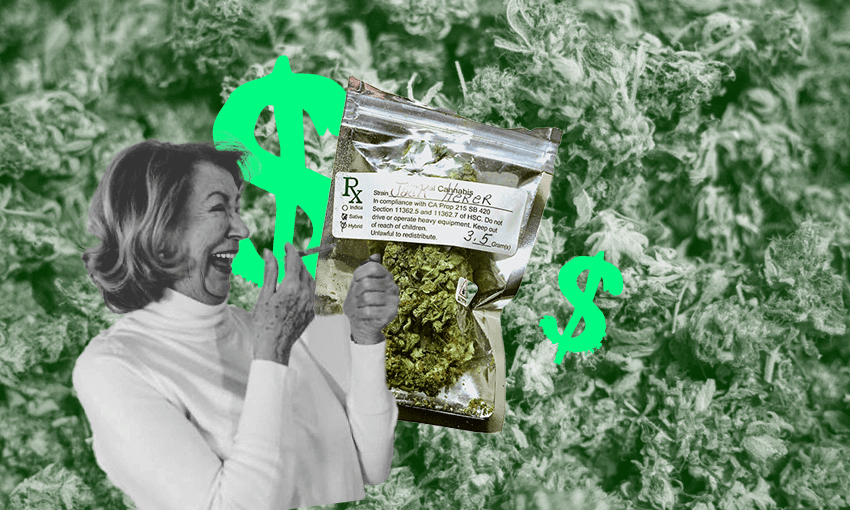Pead has expanded its Primary Sector portfolio as the retained PR agency for farmer-owned co-operative Ballance Agri-Nutrients.
Now one year into the partnership, the agency has delivered a programme of strategic communications initiatives aimed at showcasing Ballance’s leadership in the advancement of agri-science and technology, and its critical role supporting New Zealand’s farmers to create quality soil and ultimately food and fibre produce.
Sarah Munnik, Partner at Pead, says, “Our farmers and growers are the lifeblood of our economy. The primary sector contributes approximately 82% of total exports. So, we’re absolutely thrilled to be representing one of New Zealand’s largest farmer-owned co-operatives, supporting more than 16,000 farmers and growers who each play a vital role in the ongoing prosperity of our country.”
Munnik adds the agency has drawn on its experience across ESG, sustainability, energy and innovation, having worked closely with organisations such as Lodestone Energy and Pure Advantage.
“Ballance does so much more than manufacture and sell fertiliser; it’s a future-focused business that’s supporting the longevity and integrity of New Zealand’s reputation for quality food and fibre exports by investing in innovation and sustainability and embracing change. It’s incredibly inspiring and ultimately aligns with all the values we stand for here at Pead.”
Jo Mahon, GM External Relations at Ballance Agri-Nutrients, says, “We’re delighted to partner with Pead as we enter our next phase of development as a business. The Pead team’s strategic communications expertise and deep media relationships are already proving invaluable in helping us with our strategic challenges and tell our story more effectively. Very much a part of our team, they’re a delight to work with as well as excellent at what they do.”
“Looking ahead, we’re excited to continue our partnership with Ballance into 2025, working together to drive our agricultural sector forward by amplifying Ballance’s innovative solutions and commitment to sustainability,” says Munnik.





















Discussion about this post